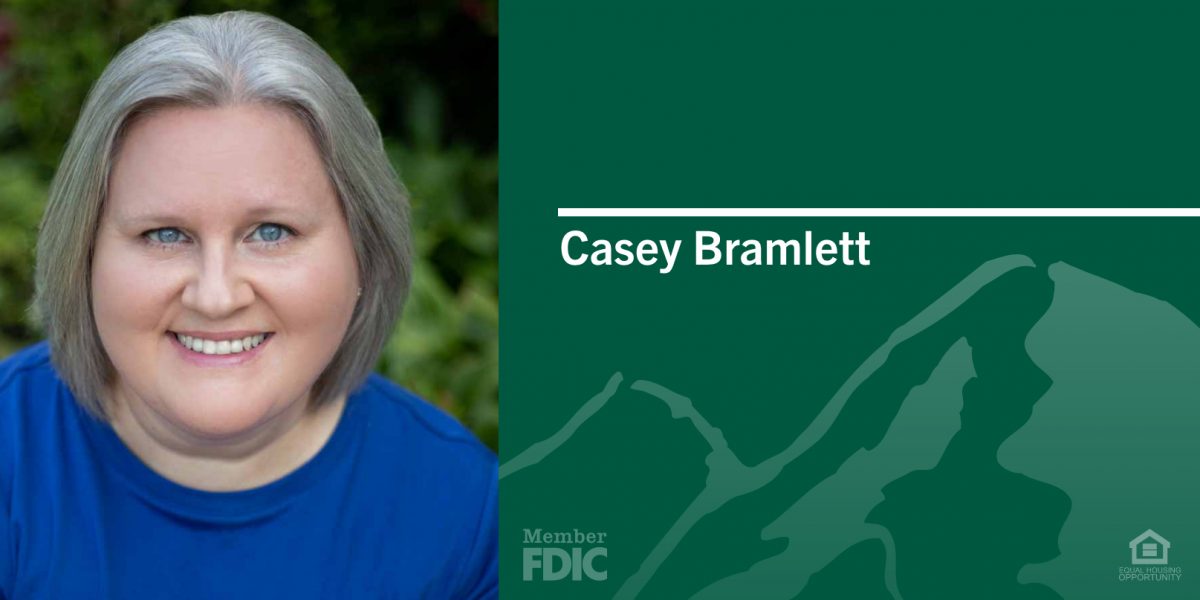Your company’s credit report is just as important as your personal one. Credit bureaus keep records of debt payments and other credit information on your business, and lenders use that information to evaluate a credit or insurance application.
Why Does Having a Good Business Credit Score Matter?
-
- It’s easier to qualify for a loan. As a business with excellent credit, you’ll likely get the loan your business needs quickly and painlessly.
- You should receive better loan terms. In most instances, lenders will offer more favorable terms to a business with a positive credit history — and lower interest rates will save your business thousands of dollars each year.
- It protects your personal finances. When you separate your personal and business financial obligations, you keep your personal credit rating from being impacted by any issue your business faces (and vice versa). However, in some instances, lenders may want to review your personal credit score in addition to your business credit report, so be sure you check both regularly for accuracy.
- You may receive better rates and terms from suppliers. When you’re ready to purchase equipment and inventory and need to use credit, your suppliers will trust that your business is financially stable and capable of repaying debts.
Getting Started with Business Credit
Here are some steps to follow when you’re trying to build business credit:
-
- Obtain an Employer Identification Number. A federal Employer Identification Number (EIN) is like a Social Security number for your business and is used for tax reporting purposes. It’s easy to apply for your EIN online. Get one here.
- Get your business listed. Once your business is official, it’s a good idea to list your business phone number and location in a local online directory (or two). Additionally, open a business checking account in your legal business name and regularly use it to pay your bills.
- Establish and maintain vendor credit. The better your relationship with your vendors, the more likely you can avoid paying upfront for the things you need. Consider securing net-60 or net-90 payment terms with a few of your vendors or suppliers who report payments to business credit reporting agencies. That way, you can begin to establish a positive business credit history.
- Keep business and personal expenses separate. Make sure you only spend money from your business checking account to pay for business expenses. And when you apply for credit, do so with your business’s legal name. Keeping your business and personal expenses separate helps protect your personal finances and makes it easier to manage taxes.
- Open a business credit card. You should have at least one business credit card to help with business expenses. Plus, it’s an easy way to begin to establish credit for your business. However, use caution and only use what you need. For example, just because you have a credit limit of $25,000 doesn’t mean you should use all of it.
- Pay your debts on time. When you pay your bills on time, you show that you’re reliable and can effectively manage your debt. Conversely, a late payment history (especially severely delinquent payments) may negatively impact your credit rating.
- Regularly monitor your credit. Review your credit report at least annually. If you find an error, let the credit bureau know immediately. If the error is in a Pinnacle Bank account, contact us immediately as well.
Get the help you need from Pinnacle Bank.
We know your business is your livelihood and want to ensure you have the tools and resources you need for success. We’re happy to discuss any questions you may have about establishing and maintaining credit for your business.













